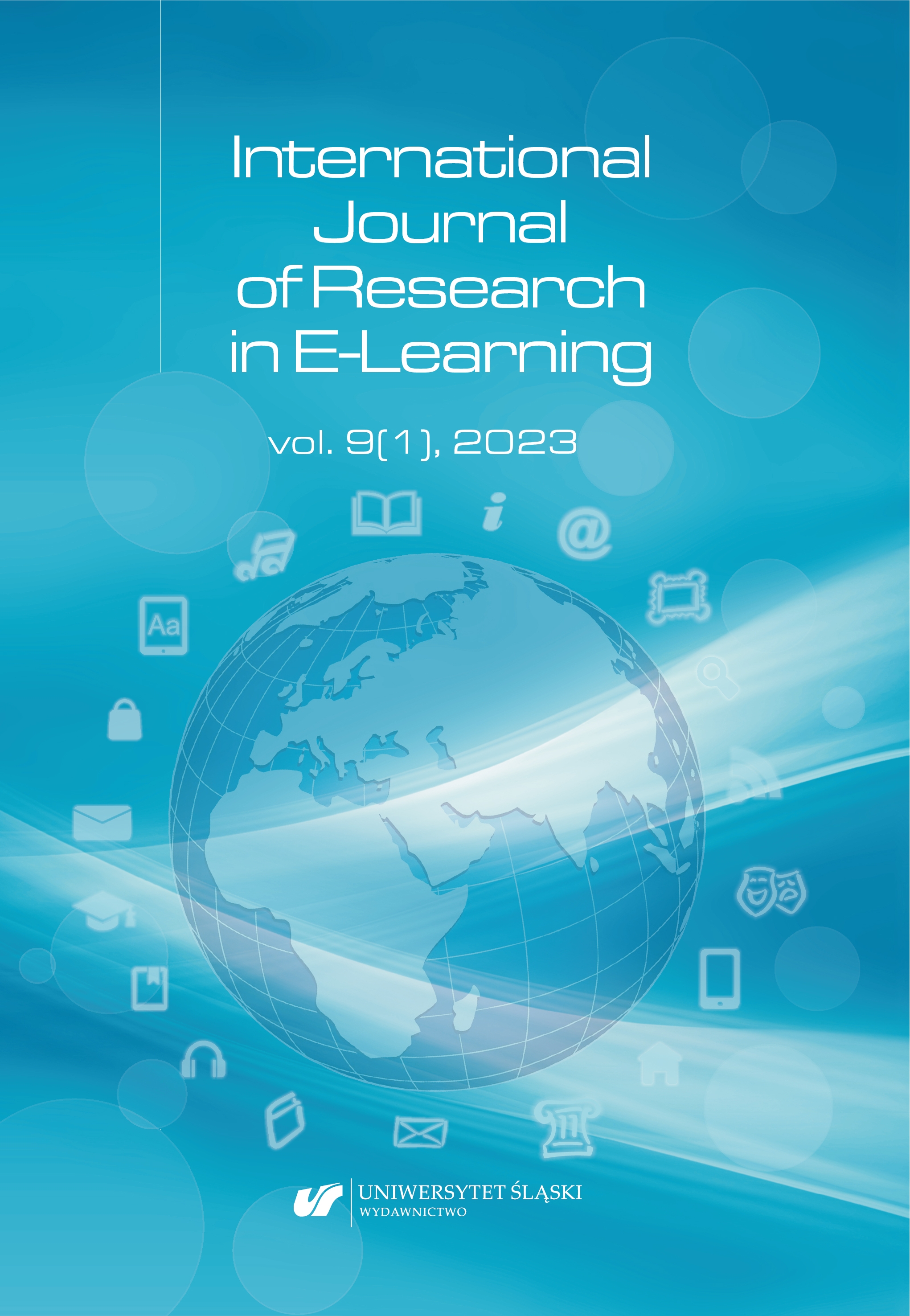Adaptive and Intelligent MOOCs: Ηow They Contribute to the Improvement of the MOOCs’ Effectiveness
Adaptive and Intelligent MOOCs: Ηow They Contribute to the Improvement of the MOOCs’ Effectiveness
Author(s): Alexandros PapadimitriouSubject(s): Education, ICT Information and Communications Technologies, Distance learning / e-learning, Pedagogy
Published by: Wydawnictwo Uniwersytetu Śląskiego
Keywords: distance education; adaptive and intelligent MOOCs; personalized learning; MOOC challenges
Summary/Abstract: Several traditional MOOCs have been developed utilizing particular traditional approaches for distance learning. The main objective of this article is to examine numerous studies and research about the provision of adaptive and inteligent MOOCs to address issues, such as dropout rate, for improving their efficiency compared to conventional MOOCs. Important issues that have been the essential study interests of MOOC scholars in recent years, including dropout rate, completion rate, loneliness, and other topics, were studied. Finally, the research questions posed on the effectiveness of Adaptive and Intelligent MOOCs, the learner’s characteristics used for adaptation, the adaptive and intelligent methods and techniques used, and the improvements they bring to traditional MOOCs as a compass for designing Adaptive and Intelligent MOOCs in the coming years, are discussed.
Journal: International Journal of Research in E-learning
- Issue Year: 9/2023
- Issue No: 1
- Page Range: 1-21
- Page Count: 21
- Language: English

